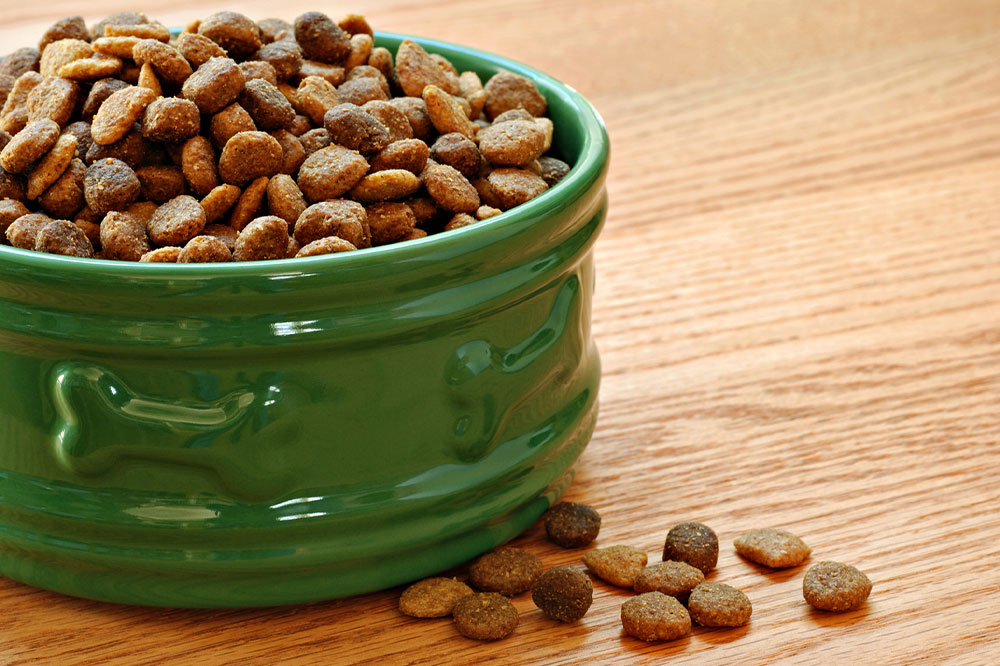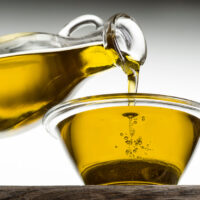How to Choose the Best Dry Food for Dogs
Knowing your dog’s meal requirements is the first step in ensuring that you are making the right decisions regarding its nutrition. Dry dog food is one of the most popular types of pet food and for good reason. It’s easy to store, doesn’t require refrigeration, and most dogs enjoy the taste.

How to pick the healthiest dry dog food
First, you want to make sure the food is high quality. Look at the ingredients list – they should be mostly meat, with some vegetables and grains.
When searching for dry dog food, there are a few key ingredients you should look for. Ensure that the food contains protein since it is essential for your dog’s health and should be one of the main ingredients in their food. Look for dry dog food containing chicken, turkey, or fish as the main source of protein.
You also want to make sure the food contains healthy fats as it helps to keep your dog’s coat healthy and improves their joint health. Look for dry dog food that contains omega-3 fatty acids, such as salmon oil or flaxseed oil. A good rule of thumb is to pick a food where no more than 30% of the calories come from fat.
Opt for dry dog foods that are US-made. With stricter regulations about what goes into pet food, the chances of the food being of good quality is high.
Kibble is the most common type of dry dog food, it’s easy to store and transport, and most dogs find it palatable.
What to avoid
While kibble can be difficult for some dogs to digest it can also lead to dental problems if not supplemented with other forms of food.
One concern with dry dog food is that it can be very high in carbohydrates. While dogs need some carbs for energy, too many can lead to weight gain and other health problems. Another issue is that dry food often contains artificial ingredients and preservatives, which some pet parents prefer to avoid.
Stay away from anything with artificial flavors or colors. These ingredients aren’t the best for your dog’s health.
Avoid options containing high sugar or salt levels as it can cause them to gain weight or lose their fur.
Steer clear of products that have fillers such as corn, soy or wheat products. These ingredients provide no nutritional value and can be harmful to your dog’s health. Moreover, it is advisable to avoid animal by-products.
How to pick the right one
There is a lot of variety in the dry dog food market, so it can be difficult to decide what is best for your pup. However, you should keep a few things in mind when making a choice to help you pick the best option for your furry friend.
First, consider your dog’s age, activity level, size and any special health needs they may have. Small breed dogs have different constitutions and needs, so ensure you buy food specifically meant for them if you have a small breed dog.
Different types of dry dog food are formulated for different life stages and activity levels. For example, puppy food is designed to meet the nutritional needs of growing dogs, while senior food is meant for older dogs with specific health needs.
Think about your budget. Dry dog food prices start around $10 and can go up to $100 per bag or even more. Choose the best food you can afford that meets all of your dog’s needs.
When to make a change
There are a few things to consider when deciding whether or not it’s time to switch your dog’s food.
Pay attention to your dog’s reaction to the food. Some dogs may be allergic, sensitive or intolerant to certain ingredients in dry dog foods. If you notice your dog having any adverse reactions after switching to a new food, discontinue use and consult your veterinarian.
If your dog is no longer eating their food as enthusiastically as they used to, it might be time for a change. You should also consider any changes in your dog’s activity level or weight. If your dog has become less active, they might need food with fewer calories. Alternatively, if your dog has started to gain weight, they might need food with more protein and fiber to help them lose weight.
If you’re unsure whether or not it’s time to switch dog foods, talk to your veterinarian. They can help you determine if a change in nutrition is necessary and, if so, what type of food would be best suited to your dog.
Take some time to research and ask your veterinarian for recommendations to find the best dry dog food so you can make an informed decision for your beloved pet.











